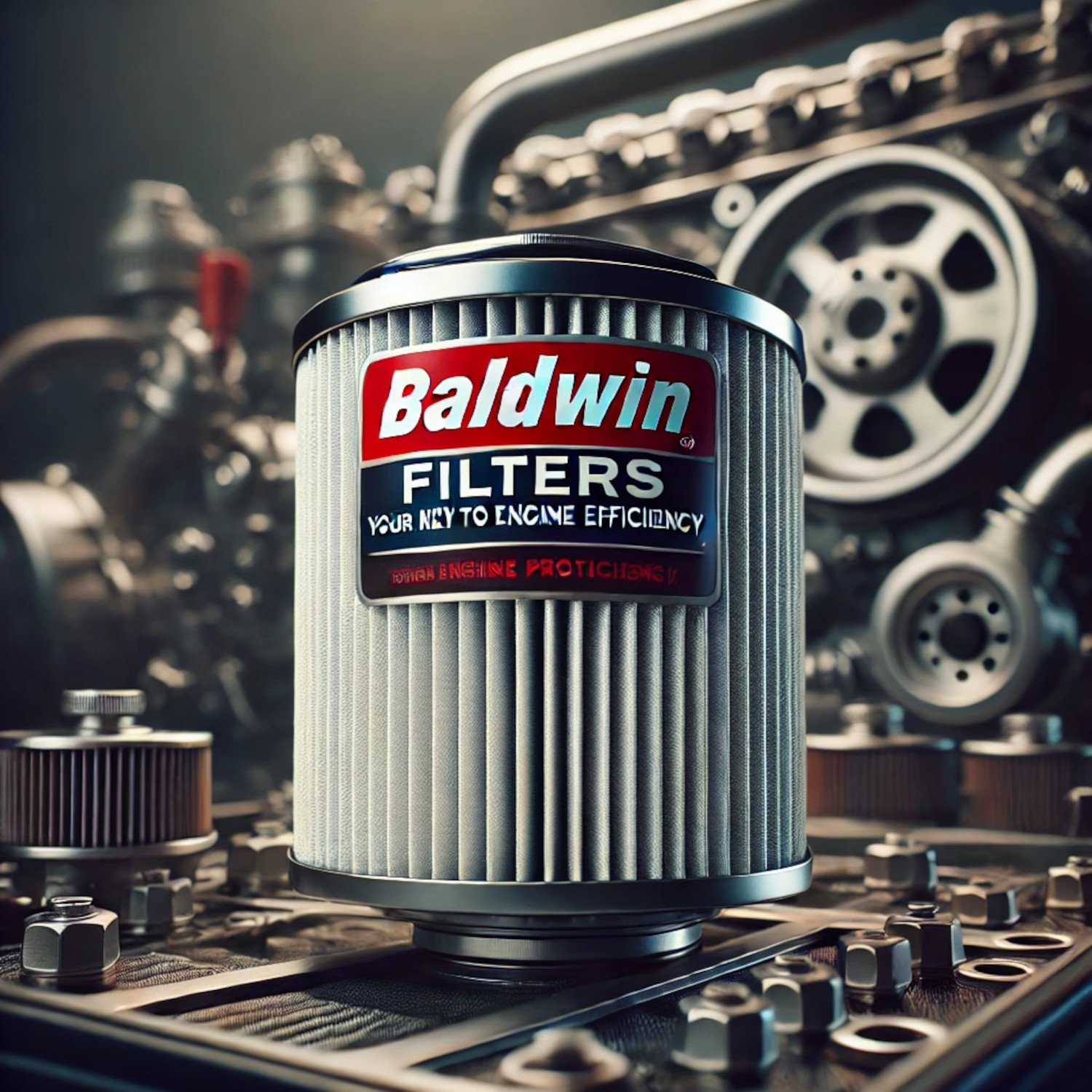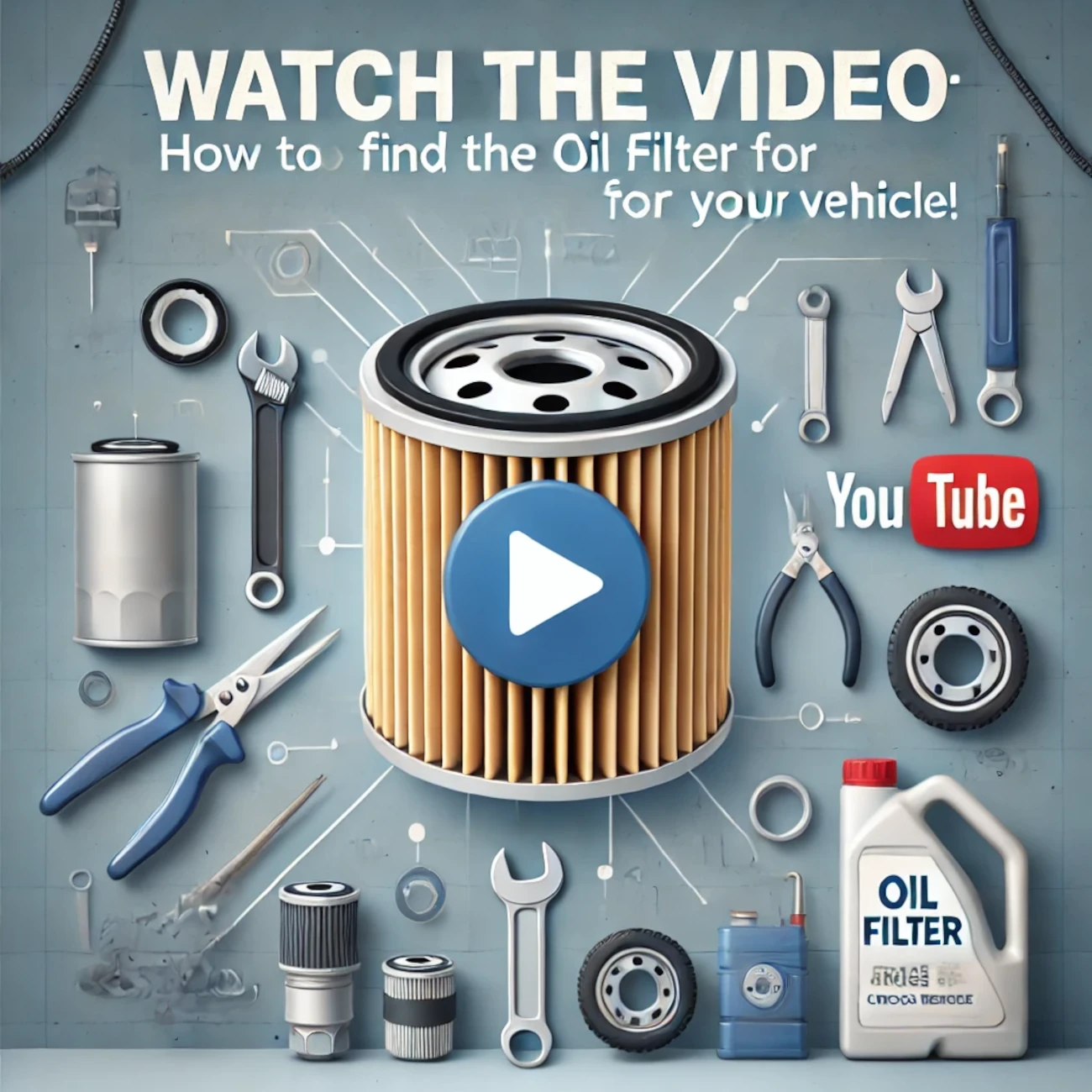This can save your machine
2024-12-22 See the full article below the image:

"Did You Know This Filter Can Save Your Machine’s Engine?"
Imagine this: You're operating a powerful piece of machinery—a tractor, a backhoe, or maybe a high-performance car. Everything seems perfect until the engine starts sputtering. The culprit? Dirt, debris, and contaminants clogging your engine's lifeline. Believe it or not, one small, often-overlooked component could have prevented this disaster: the filter.
Filters are the unsung heroes of any machine, whether it’s an industrial excavator or a sleek sports car. Their job? To protect the engine from the microscopic enemies that can cause catastrophic damage. But how exactly does this little component pull off such a big job? Let me explain.
How Filters Save Engines
Filters—whether they’re for oil, air, or fuel—act as barriers. They capture harmful particles before they reach critical engine components. Let’s take the oil filter as an example. According to a study published by the Society of Automotive Engineers (SAE International), dirty oil can lead to premature engine wear, causing components to degrade at an accelerated rate. A high-quality oil filter removes these contaminants, keeping the oil clean and the engine running smoothly. [Source: SAE International Technical Paper Series]
But it’s not just about oil. Air filters are equally crucial. They prevent dust and debris from entering the engine’s air intake system. Without a good air filter, particles as fine as sand can wear down the engine’s internal parts. And let’s not forget fuel filters—they ensure that only clean fuel reaches the engine, improving efficiency and performance.
The Cost of Neglecting Your Filter
Here’s a shocking fact: According to Fleet Equipment Magazine, failing to replace a filter on time can lead to complete engine failure. Think about it—something as small and inexpensive as a filter could save you thousands of dollars in repairs or even the cost of replacing an entire engine. [Source: Fleet Equipment Magazine]
The damage doesn’t stop at your wallet. Dirty filters can decrease fuel efficiency, increase emissions, and lower overall performance. For industrial machines, this can mean costly downtime and delays on critical projects.
Signs You Need a New Filter
So, how can you tell if your filter needs replacing? Here are some common signs:
- Reduced engine performance or power.
- Unusual noises from the engine.
- Increased fuel consumption.
- Warning lights on your dashboard.
If you notice any of these, it’s time to act fast. Check your machine’s manual or consult a professional mechanic to ensure you’re using the right type of filter for your engine.
Invest in Quality Filters
Not all filters are created equal. Cheap, low-quality filters might seem like a good deal upfront, but they often lack the durability and efficiency of premium options. Brands like Fleetguard, Donaldson, and Baldwin are trusted in industries ranging from agriculture to automotive. These brands are engineered to meet strict OEM standards, ensuring maximum protection for your engine.
Conclusion
So, the next time you fire up your machine, take a moment to think about its filters. They may be small, but their impact is enormous. A clean, high-quality filter could be the difference between a smooth-running engine and an expensive, time-consuming repair.
Remember: Maintenance is always cheaper than replacement. Protect your investment, extend your engine’s life, and save yourself a lot of headaches down the road—all thanks to a simple filter.
Sources
- Society of Automotive Engineers (SAE): Technical Paper Series on Engine Wear.
- Fleet Equipment Magazine: The Role of Filters in Engine Longevity.
- Manufacturer Manuals: Fleetguard, Donaldson, and Baldwin specifications.











